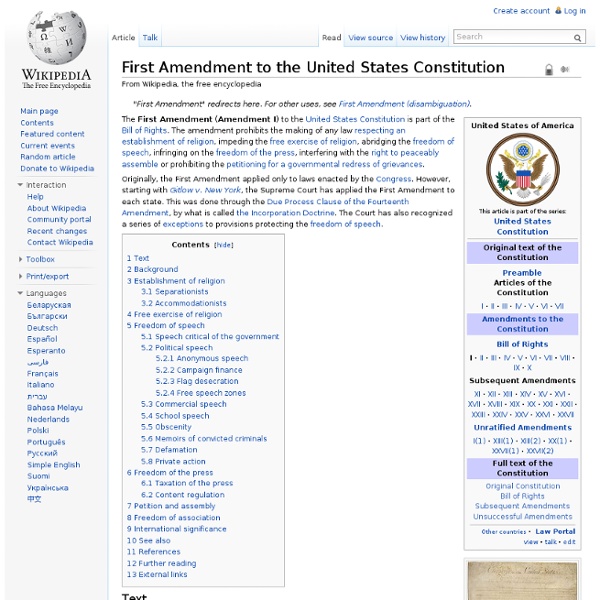Flying F*CK R/C Helicopter
Name change
Name change certificate issued by Christian X of Denmark in 1917 A pseudonym can be regarded as a name adopted to conceal a person's identity, and does not always require legal sanction. Additionally, there are other reasons for informal changes of name that are not done for reasons of concealment, but for personal, social or ideological reasons. United States[edit] The applicant may be required to give a reasonable explanation for wanting to change her or his name. In nearly all states, a person cannot choose a name that is intended to mislead (such as adopting a celebrity's name), that is intentionally confusing, or that incites violence; nor can one adopt, as a name, a racial slur, a threat, or an obscenity. Under the federal immigration-and-nationality law, when aliens apply for naturalization, they have the option of asking for their names to be changed upon the grants of citizenship with no additional fees. Informal methods of legal name change[edit] Assumed name[edit] Scotland[edit]
Facebook
Portal:Discrimination
From Wikipedia, the free encyclopedia Antiziganism is hostility, prejudice or racism directed at the Romani people, commonly called Gypsies. The Roma — who have often been stereotyped as thieves, tramps, con men and fortune tellers — have been subject to various forms of discrimination throughout history. Due in part to their semi-nomadic and isolationist lifestyle, and differences in language and culture, there has been a great deal of mutual distrust between the Roma and the more settled indigenous inhabitants of the areas to which the Roma migrated. This distrust has persisted even though Roma who migrated into Europe often converted to Christianity, and those who arrived in the Middle East became Muslims. Persecution of Roma reached a peak during World War II in the Porajmos, the Nazi genocide of Roma during the Holocaust. Antizigan discrimination has continued in the 2000s, particularly in the Balkans, in areas such as Bulgaria, Romania and Slovakia. More...
Disability Rights Advocates For Technology > Home
RFC 1855 - Netiquette Guidelines
[Docs] [txt|pdf] [draft-ietf-run-ne...] [Diff1] [Diff2] INFORMATIONAL Network Working Group S. Hambridge Request For Comments: 1855 Intel Corp. FYI: 28 October 1995 Category: Informational Status of This Memo This memo provides information for the Internet community. This memo does not specify an Internet standard of any kind. 1.0 Introduction In the past, the population of people using the Internet had "grown up" with the Internet, were technically minded, and understood the nature of the transport and the protocols. RFC 1855 Netiquette Guidelines October 1995 an account through a corporation, that those organizations have regulations about ownership of mail and files, about what is proper to post or send, and how to present yourself. 2.0 One-to-One Communication (electronic mail, talk) We define one-to-one communications as those in which a person is communicating with another person as if face-to-face: a dialog. 2.1 User Guidelines 2.1.1 For mail: 2.1.2 For talk: 3.1 User Guidelines
Silver Spring Zombie Walk
Nymwars
Nymwars refers to conflicts over policies mandating that users of Internet services identify themselves using legal names. The term is a neologism, a portmanteau of "pseudonym" and "wars". The name appears to have gained prominence as the hashtag "#nymwars" on Twitter. Conflicts regarding Google+ began in July 2011 when the social networking site began enforcing its real name only policy by suspending the accounts of users it felt were not following the policy.[1] Pseudonyms, nicknames, and non-standard real names (for example, mononyms or names that include scripts from multiple languages) were suspended. A predecessor to the Google+ conflict was Blizzard's RealID, which starting in July 2010, exposes the name on the player's credit card, and is mandatory to use some game features (cross-game chat) and was nearly made mandatory to post on discussion forums.[2][3][4] Google[edit] Google Plus was launched in late June 2011. Google policy[edit] According to Google's official support page,
Google fined in Brazil for refusing to reveal bloggers' identities
Google wants to force people to use their real names online, say many Google+ detractors. Yet, it’s precisely for defending three bloggers’ right to anonymity that its Brazilian subsidiary was fined this Thursday by a local judge. Let’s have a look at what happened. Varzea Alegre’s mayor vs. Varzea Alegre may be a small town of 38,000 inhabitants in the State of Ceara, in Northern Brazil, but the decision its local judge pronounced yesterday probably didn’t go unnoticed in Mountain View. It all started at the beginning of the year, when Varzea Alegre’s mayor sued Google Brasil, asking for the company to remove three anonymous blogs accusing him of corruption and embezzlement. More than an isolated case? This case puts into light the difficulties facing Brazilian bloggers. It’s also worth noting that this case is only one of the many requests Google receives from the Brazilian government and its representatives. This may come as a surprise from a democracy such as Brazil.
Google+ Begins Verification Badge Program
Using Google+? Add Mashable to your circles. You'll get the latest about new Google+ features and tips and tricks for using the platform as well as top social media and technology news. Google rolled out a new verification badge program Saturday, making it so celebrities, public figures and those who have amassed vast numbers of people in their circles can verify their identities with a check mark and a small banner that rolls out next to their names. According to a Google+ post from Google+ team member Wen-Ai Yu, "We’re working on expanding this to more folks." The program, along with Google's insistence that user accounts be opened under a real name, aims to assure people that "the person you're adding to a circle is really who they claim to be." Google's Wen-Ai Yu explains: [via CNET]



